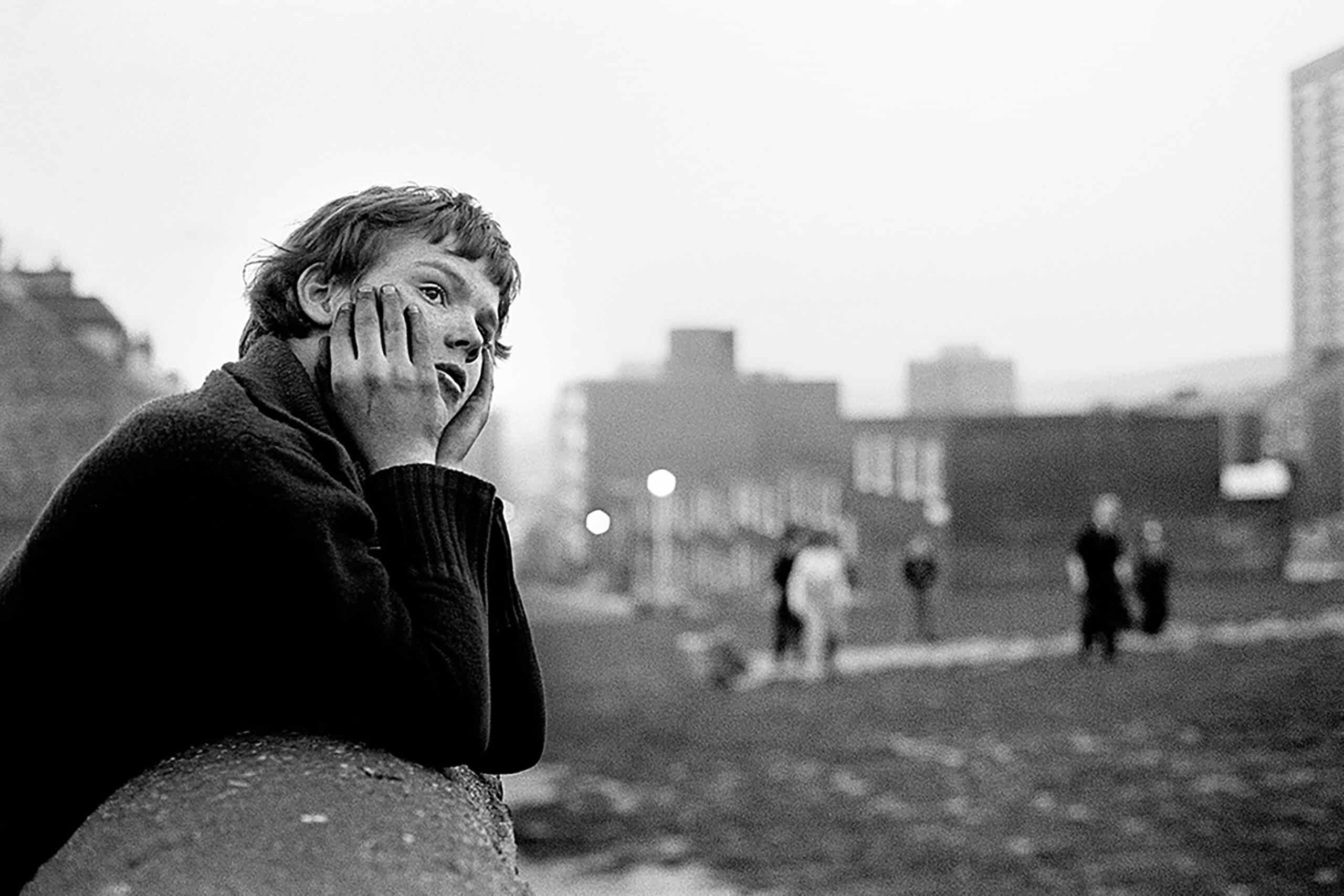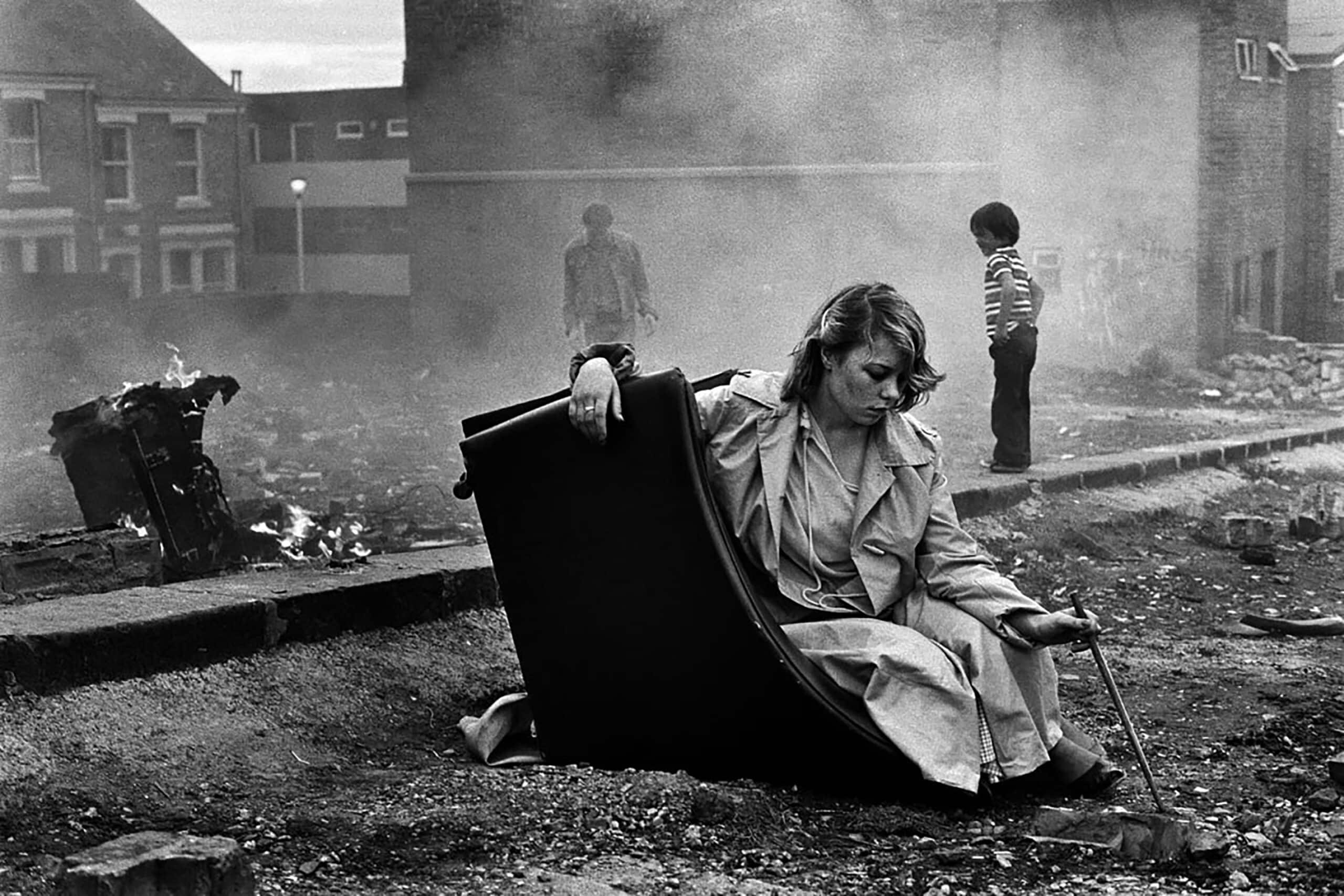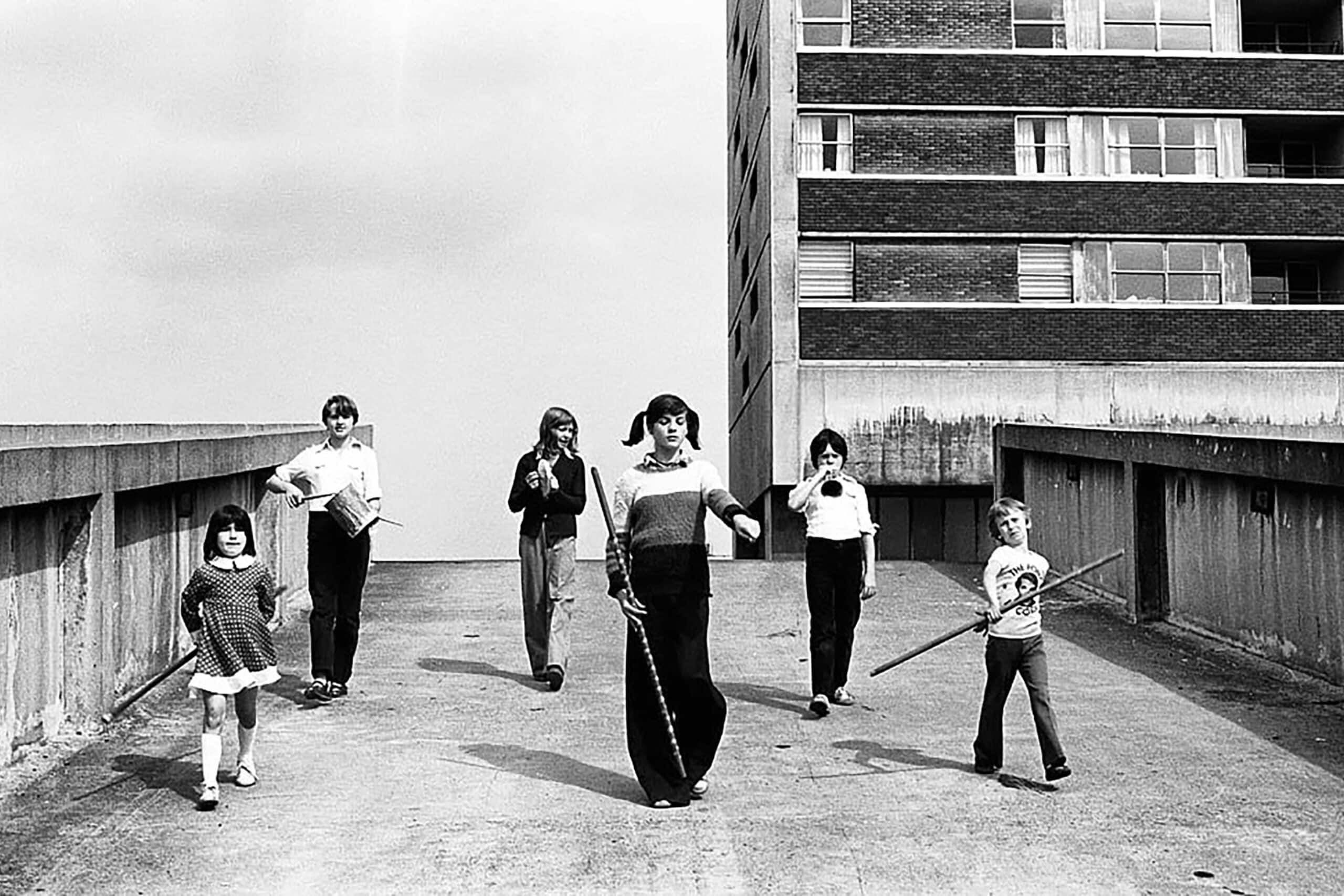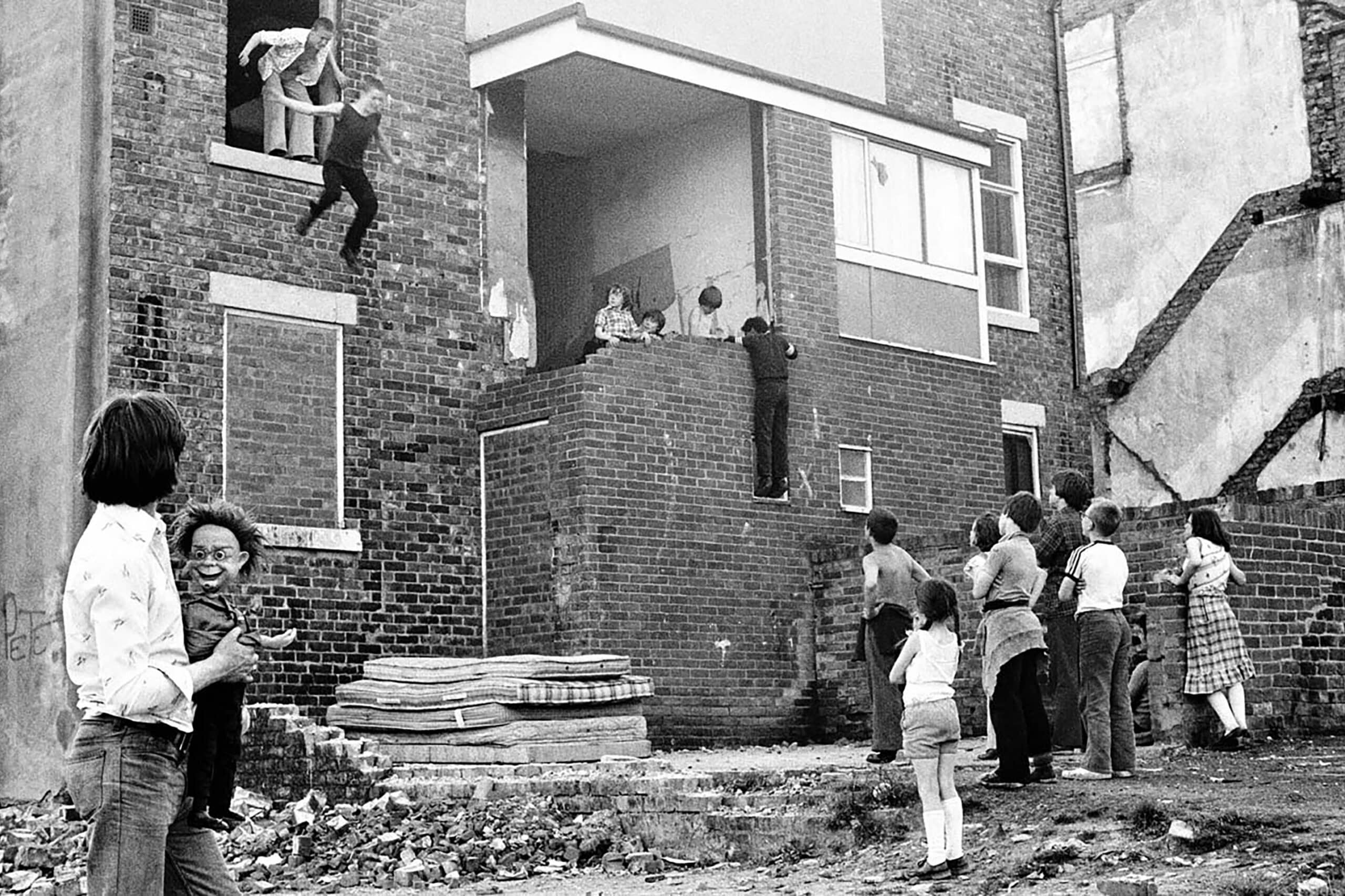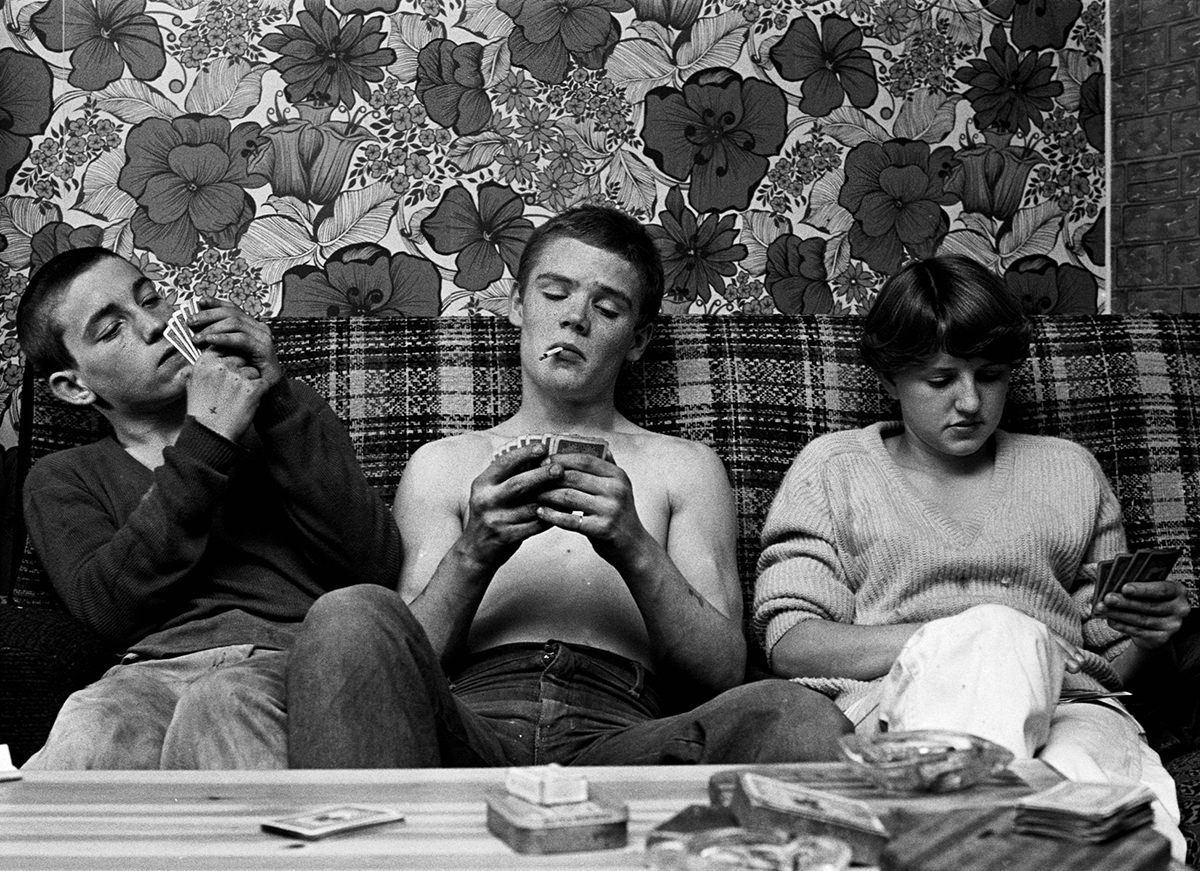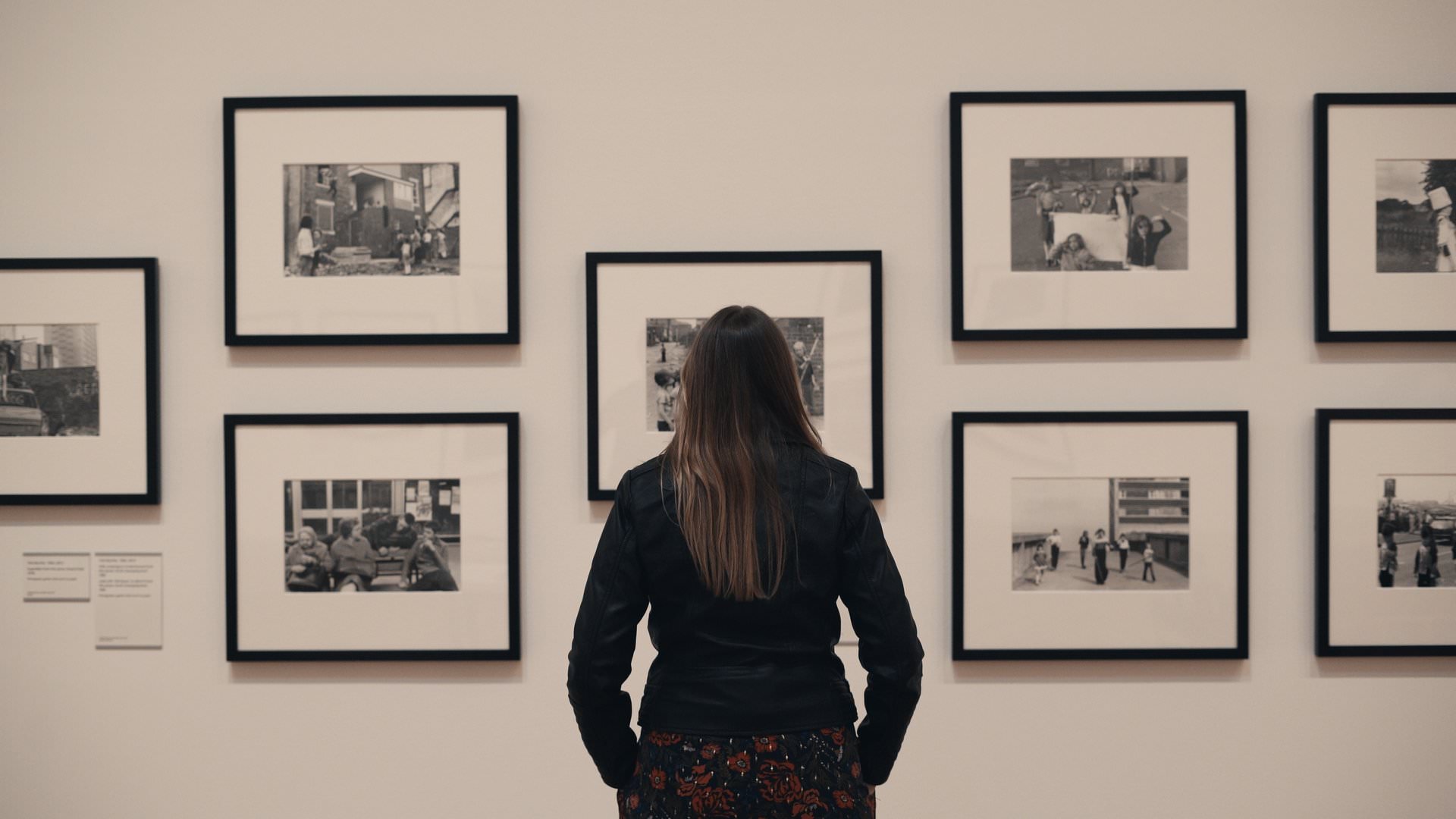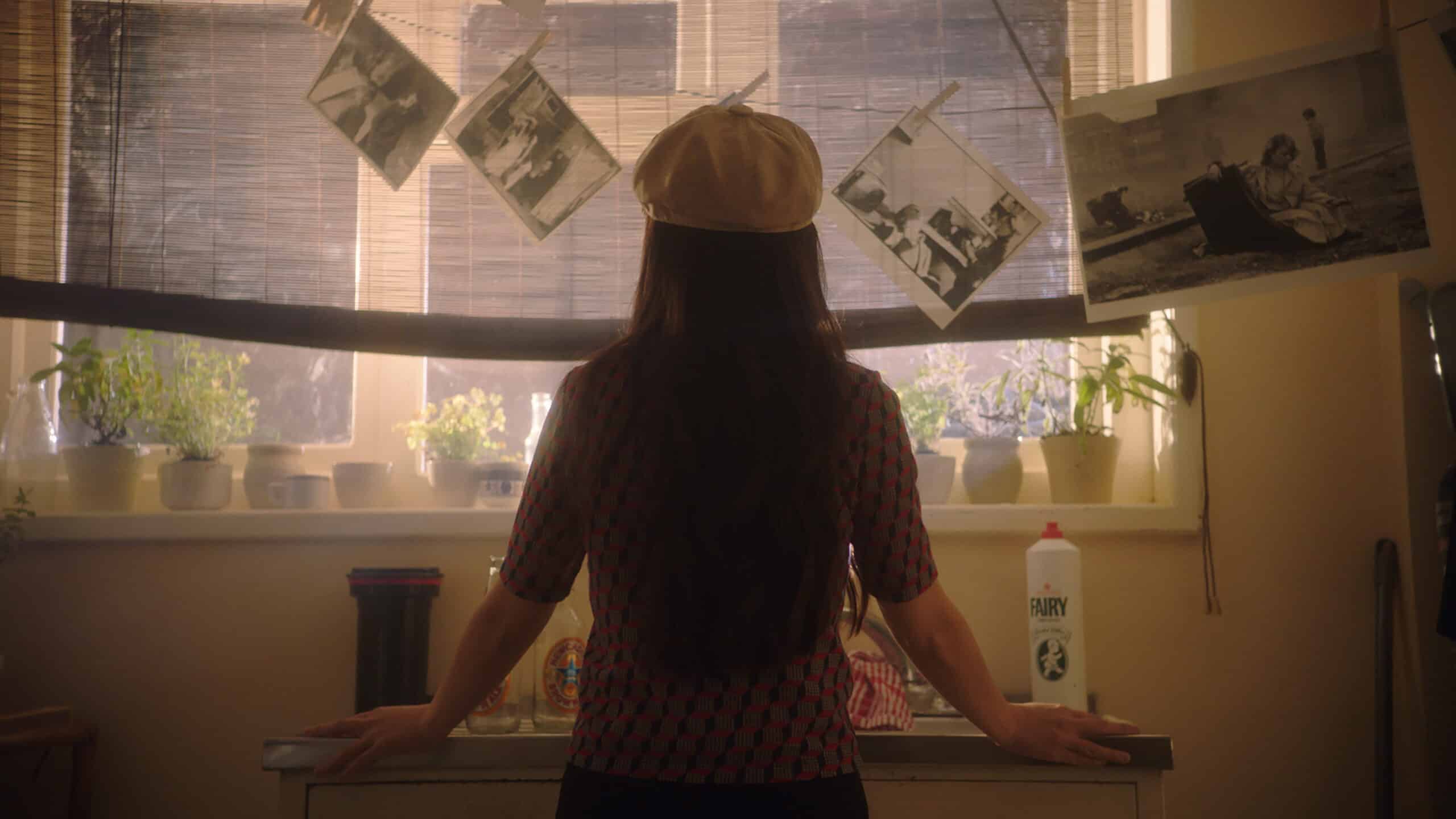TISH: A New Film About British Photographer Tish Murtha
A new film about British photographer Tish Murtha, who captured life in the north-east of England in the 1970s and 80s, chronicling the region’s deindustrialisation and the rise of Thatcherism, was released in cinemas on 17 November.
Tish’s work was intimate and non-judgmental, and her community has always been at the center of her artistic production.
The working-class photographer captures the impact of Thatcherism on the north of England but is unable to escape the poverty and inequality she exposed.
Driven by a commitment to document the impact of deindustrialisation on working class communities in Northeast England in the 1970s and 1980s, Tish Murtha used her camera to expose societal inequality. She felt she had an obligation to the people and problems within her local environment, and that documentary photography could highlight and challenge the social disadvantages that she herself had suffered. However, despite early acclaim for her work, she was unable to make a living from photography and died in poverty.
The film, directed by Paul Sng, is a journey of exploration for Ella Murtha as both daughter and custodian of the Tish Murtha archive, a chance to elevate and preserve a legacy that has been lost and to tell the story of an artist and woman outside of the ‘mother’ that existed for her – or the version of Tish claimed within dominant narratives of the 70s and 80s photography – from the people who knew Tish and the images she left behind.
About Tish Murtha
Tish, born in South Shields on March 14, 1956, later relocated to Elswick in the West End of Newcastle Upon Tyne. She was the third of ten siblings, and although the Murtha family faced financial challenges, they compensated with abundant creativity, talent, and spirit.
Leaving school at 16, Tish engaged in various jobs, from selling hot dogs to working at a petrol station. Her journey into photography began when she took a course at Bath Lane, Newcastle, and her lecturer encouraged her to apply for the Documentary Photography course in Newport, initiated by David Hurn, the only one of its kind at the time. With the lecturer’s assistance, Tish secured an education grant, enabling her to attend.
In 1976, at 20, Tish left home to study at the renowned School of Documentary Photography at the University of Wales, Newport, guided by Magnum member David Hurn. Her work in Newport included capturing moments like the opening of a new M4 stretch by former Prime Minister James Callaghan and documenting Aubrey Hames’ mayoral year during the Queen’s Silver Jubilee (1977-1978). Tish also collaborated with the South Wales Argus and covered local election campaigns.
Upon returning to Newcastle, she documented the lives of friends, family, and various other projects. Tish’s photography often focused on marginalized communities from an insider’s perspective, building relationships of trust for access. Her informal approach involved sharing copies of her photos with the subjects. Projects like Youth Unemployment and Juvenile Jazz Band showcased the tenacity and resilience of the young people she photographed, and Tish fiercely protected them.
Feeling a responsibility to address social issues, she believed documentary photography could shed light on and challenge the societal disadvantages she herself had experienced. Tish explored different projects, including “London By Night,” which delved into Soho. Her final major undertaking documented central Middlesbrough before its transformation in the Middlehaven regeneration project.
Tish passed away on March 13, 2013, one day before her 57th birthday, due to a brain aneurysm. As an organ donor, she posthumously saved the lives of four women and improved the eyesight of four men.
More info:


